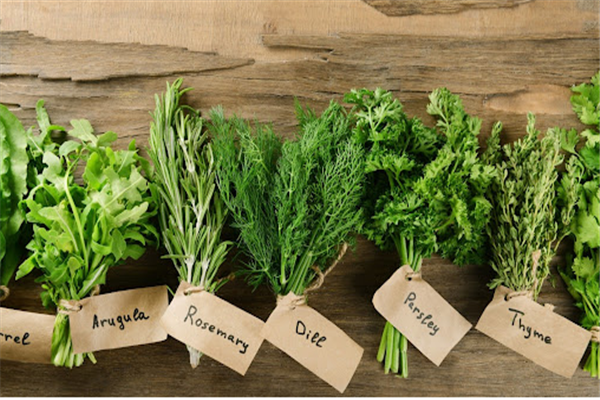Herbal medicine has been used for centuries as a natural approach to health and wellness. The use of medicinal herbs dates back to ancient civilizations, and today, herbal remedies continue to play a significant role in promoting holistic well-being. We will embark on a journey into the captivating realm of herbal medicine. We will delve deep into its ancient history, marvel at the diverse benefits that herbs offer, and unlock the myriad of ways in which these natural wonders can be harnessed to enhance our well-being. Get ready to immerse yourself in the world of herbal medicine, where the rich tapestry of history, the multitude of health benefits, and the versatile applications of herbs await exploration.
Understanding Herbal Medicine:
1 A Brief History: Herbal medicine has a long and diverse history. Ancient cultures, such as those in China, India, Egypt, and Greece, utilized herbs for their healing properties. Traditional systems of medicine, including Ayurveda and Traditional Chinese Medicine (TCM), recognized the power of plants in restoring balance and supporting health.
2 Holistic Approach: Herbal medicine takes a holistic approach to well-being, considering the interconnectedness of the body, mind, and spirit. It recognizes that true health involves treating the root cause of imbalances rather than merely addressing symptoms.
3 The Benefits of Herbal Medicine: Herbs offer numerous benefits for our health and well-being. They contain a wide array of natural compounds, including vitamins, minerals, antioxidants, and phytochemicals, which contribute to their healing properties. Unlike synthetic drugs, herbs often work synergistically with the body, promoting self-healing and supporting the body’s natural processes.
Utilizing Herbs for Health and Wellness:
1 Herbal Teas and Infusions: One of the most common and accessible ways to enjoy the benefits of herbs is through herbal teas and infusions. Whether it’s chamomile for relaxation, peppermint for digestion, or nettle for its nourishing properties, brewing herbal teas allows us to extract the goodness of herbs in a comforting and enjoyable manner.
2 Herbal Tinctures: Tinctures are concentrated herbal extracts that preserve the medicinal properties of herbs. They are made by steeping herbs in alcohol or another solvent. Tinctures offer a convenient and potent way to consume herbs, as they can be easily added to water or taken sublingually.
3 Herbal Topicals: Herbs can be utilized topically to promote skin health and address specific conditions. Calendula, aloe vera, and lavender are just a few examples of herbs used in topical applications such as creams, salves, or oils. These preparations can soothe skin irritations, promote wound healing, or provide relaxation and aromatherapy benefits.
4 Culinary Herbs: Many common herbs used in cooking not only add flavor to our dishes but also offer health benefits. For instance, garlic has antimicrobial properties, turmeric possesses anti-inflammatory properties, and rosemary is known for its antioxidant properties. Incorporating culinary herbs into our meals allows us to enjoy their therapeutic effects while enhancing the taste of our food.
Safety and Precautions:
1 Consultation and Expert Guidance: While herbs are generally safe, it’s important to consult with a qualified healthcare professional or herbalist, especially if you have specific health conditions, are pregnant or breastfeeding, or are taking medications. They can provide personalized advice, help identify potential interactions, and guide you in choosing the right herbs for your needs.
2 Quality and Sourcing: When using herbs, prioritize quality and choose reputable sources. Look for organically grown or wildcrafted herbs to ensure purity and minimize exposure to pesticides or contaminants.
3 Allergies and Sensitivities: Be mindful of potential allergies or sensitivities to specific herbs. Start with small amounts and observe how your body responds. If any adverse reactions occur, discontinue use and seek professional advice.
Conclusion:
Herbal medicine offers a natural and holistic approach to health and well-being. Through the centuries, herbs have provided us with a vast array of benefits and have played a significant role in promoting wellness. Whether enjoyed as herbal teas, tinctures, topicals, or incorporated into culinary delights, herbs have the power to support our physical, mental, and emotional well-being. Embrace the wisdom of herbal medicine, consult with experts, and explore the countless possibilities that nature’s botanical treasures have to offer.
